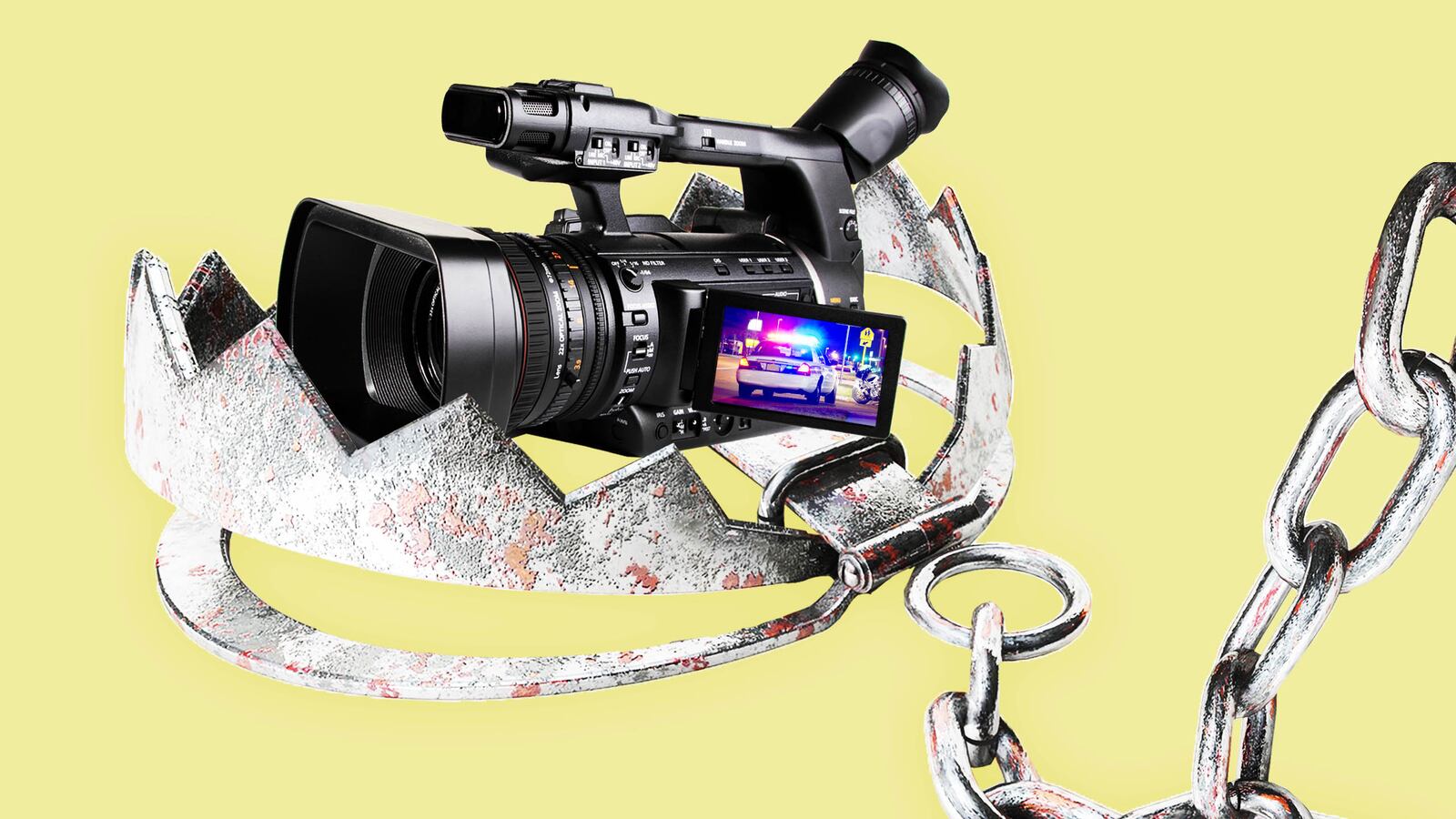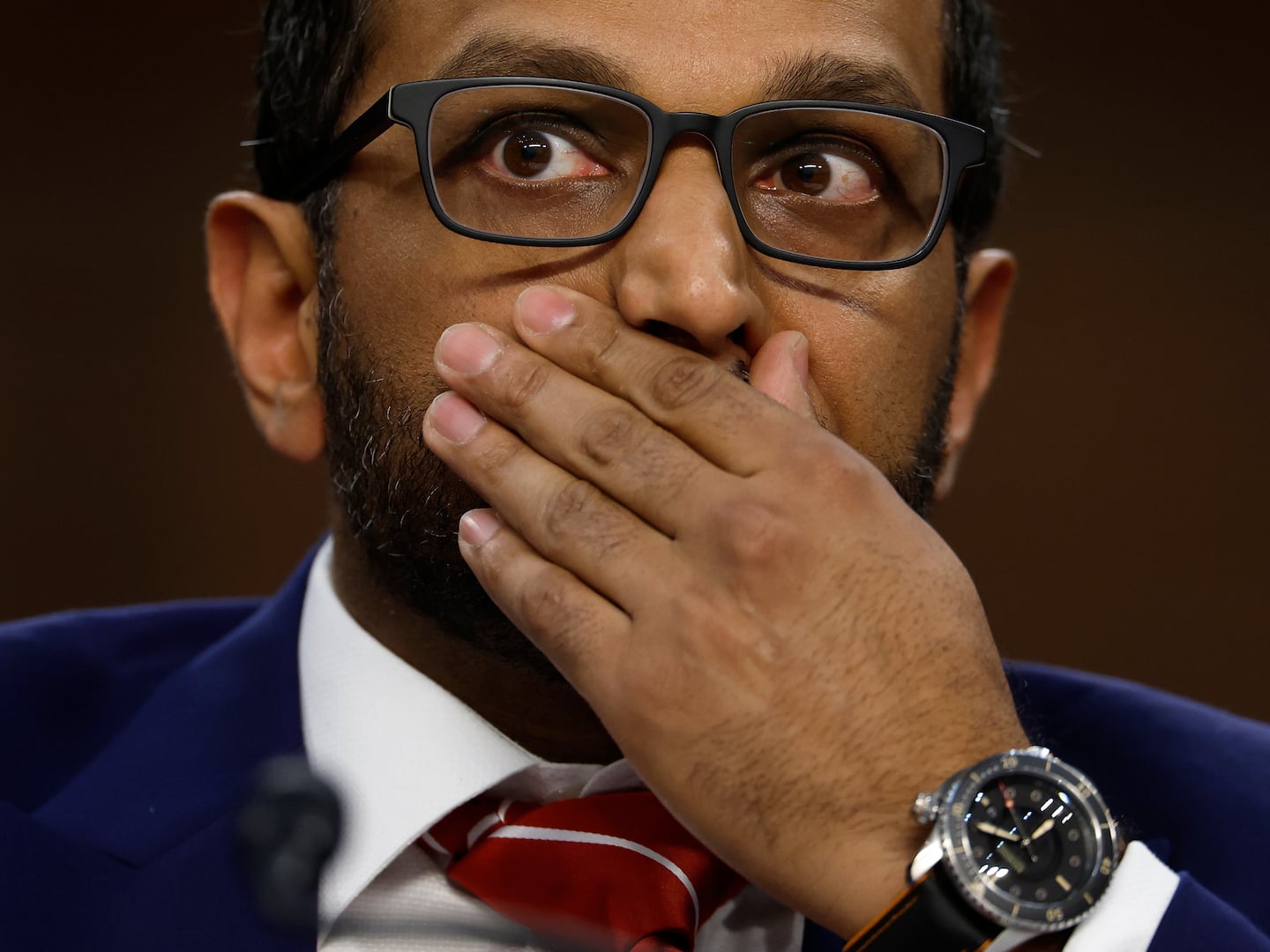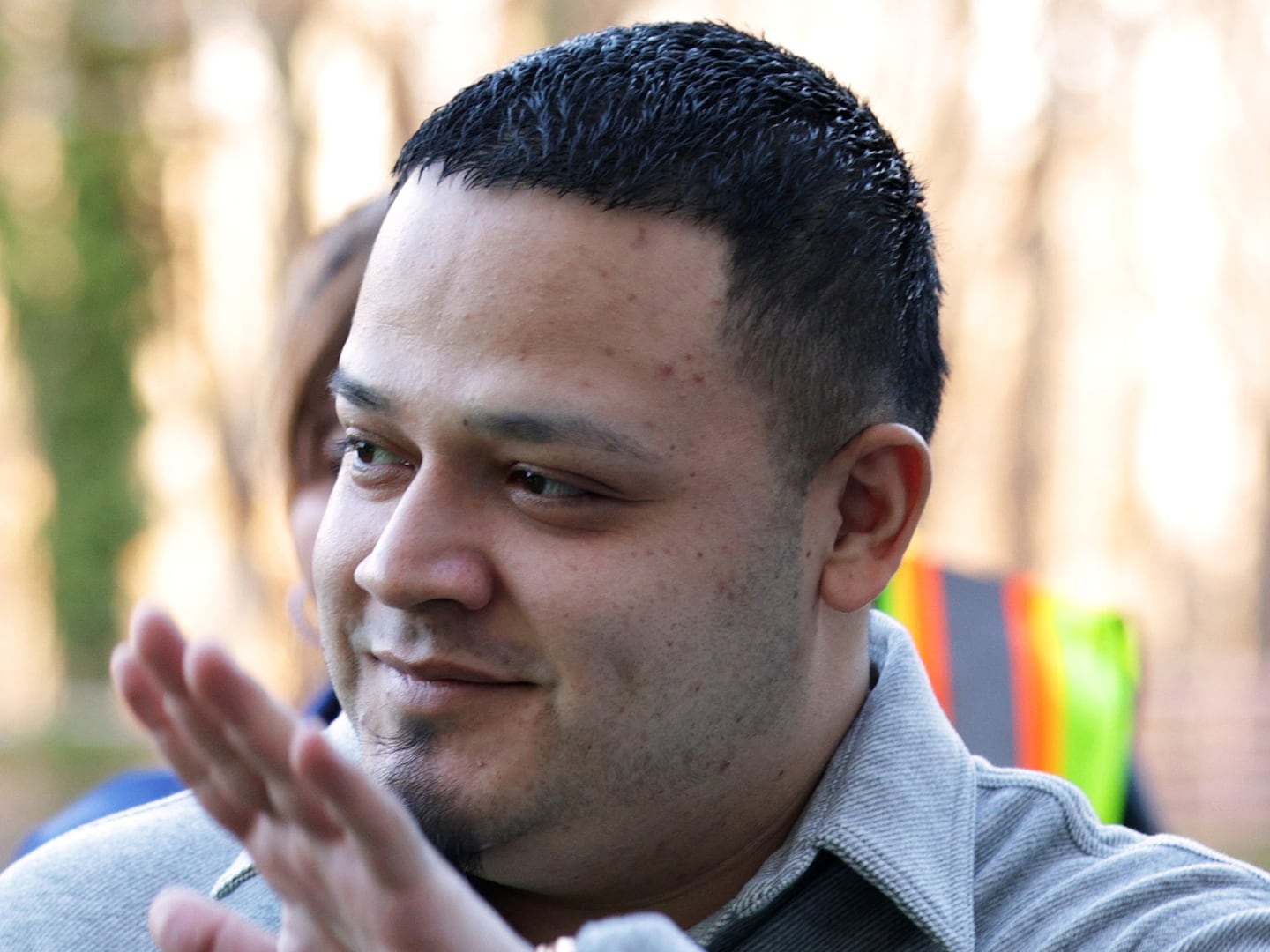Last April, the San Antonio Police Department got a call about a man filming at a strip mall. The officer who arrived first on the scene was in for a couple of surprises—and unexpected internet stardom.
First, the man with the camera, Jesus Padilla, called him an asshole. Then Padilla said he was a pendejo—Spanish for “stupid.”
“I don’t cooperate for idiots,” said Padilla, whose more than 40,000 YouTube fans know him as “Mexican Padilla.”
“Say that again?” the police officer replied.
“I don’t repeat myself for idiots,” Padilla shot back.
Unbeknownst to the San Antonio cop, he had become the latest unwitting star in a growing YouTube genre called “First Amendment Auditing,” in which self-proclaimed “auditors” test how police will react by filming them in public places or around government buildings. Auditors show up with their cameras at places as mundane as post offices, or as imposing as the entrances to nuclear-weapons factories. Once there, they start filming, and wait to see how police react.
“Anything that is publicly funded is fair game,” said David Worden, a Texas “auditor” who operates under the handle News Now Houston.
Auditors claim they’re just looking out for citizens’ rights to film on public property and are eager to expose acts of police brutality. Police groups worry that the auditors are anti-police extremists or fronts for far-right groups.
Over the past few years, First Amendment auditing has also become a cutthroat YouTube industry, with auditors taking increasingly aggressive positions in encounters with police, knowing that if they are to get arrested or grabbed by a cop it will boost their views and build their online profiles. There are dozens of auditors on YouTube. While their videos typically get just tens of thousands of views, big channels or viral videos can net millions. Auditors say they’re often deluged with death threats, but they aren’t sure whether they’re coming from police supporters, trolls—or their own YouTube rivals.
“We’re going up against the police, we’re going up against the government, we’re going up against, internally, auditors,” said Phil, a Northern California auditor who wouldn’t provide his last name for fear of reprisals.
Though the stakes are high, the payoff is, too. After Padilla’s trash-talking encounter with the San Antonio officer, he said, a more prominent YouTube personality highlighted the video, bringing him new subscribers and millions of views. Padilla also takes donations, meaning that new eyeballs often lead to more money from individuals who want to support his First Amendment “tests.” It’s become a form of business for the 27-year-old, who first became interested in auditing not because of a personal encounter with the cops but after watching police-brutality videos online.
“I just went out there and did it, homey,” Padilla told The Daily Beast.
Currently, however, the business has gone cold. Padilla isn’t in a position to film more audits for his audience. For one thing, he’s facing a deluge of death threats over his videos. Worse, after another encounter with police and more than eight arrests over his audits, he’s been under house arrest since July, pending trial on the charges.
Not every encounter ends up in home confinement. Police sometimes let auditors go with just a few questions. Other times, officers, suspicious that the auditors are involved in terrorism or just mad that they refuse to reveal their names, have arrested the auditors.
But arrests are just fine for some auditors, who will likely see their fame in the movement (and their YouTube ad income) rise with each arrest. The law on filming in public places is straightforward, according to Jay Stanley, a senior policy analyst at the American Civil Liberties Union. As long as auditors are filming in public space, anything that’s “plainly visible in public spaces” is fair game.
“It’s never really needed to go to the Supreme Court,” Stanley told The Daily Beast.
The Association of Labor Relations Officers warns law enforcement that auditors often go out looking “to have a poor contact with law enforcement” in order to create a viral incident.
“There are those auditors who go out there and they don’t care how nice the cop is,” said Nathanial Thomas Plotner, a Los Angeles auditor who goes by the name Nasty Nathanial. “They want that confrontation, so they can get a good video and get those high views.”
Padilla’s videos are filled with the exact kind of insults that gets cops mad and viewers revved up. In the San Antonio strip-mall video, for example, he repeatedly taunted each new officer who appeared on the scene. In another video, Padilla berated a police officer with anti-gay slurs, calling him a “f----t.”
If police departments overreacted to auditors, it often can trigger even more aggressive tactics. Last year, Padilla became a cause célèbre on auditor YouTube after he was arrested for allegedly trespassing at a government building in Leon Valley, a San Antonio suburb. Auditors and self-described “cop watchers” descended on the town, including one who tried to bait police into arresting him by carrying a fake rubber gun into a government building. Officers initially only asked him to leave. Later that night, they searched his home on weapons charges.
At one point, the town’s police chief, Joseph Salvaggio, held an event that the auditors said was described to them as a press conference. As the auditors showed up, Salvaggio began calling out the names of various auditors and arresting them. After seizing one of the auditors’ cameras, Salvaggio started using the camera to film the scene himself, warning the auditors to prepare for arrest and complaining about death threats posted in YouTube comments about his officers.
“You’re under arrest as well!” Salvaggio said at one point in the video, pointing out various auditors for arrest. Salvaggio warned the auditors not to leave, saying they were all either witnesses or suspects. Eleven of the auditors have filed a federal lawsuit over the arrests.
Salvaggio declined to comment, saying that he’s working on “filing additional criminal charges on the criminal elements of this group.” Padilla declined to comment on his arrest, citing the pending legal cases.
Auditors also face ruthless competition from other auditors, who see them as rivals for views, fans, and YouTube ad revenue, especially as auditing has become more popular on YouTube. That puts a premium on encounters with police that will really pop. It also sparks some editorially dubious maneuvering. Phil claims some auditors will call police on themselves if an audit isn’t producing a dramatic enough showdown.
“It’s a lot of misfits in it, man,” Phil said.
Phil dreams of saving up enough to leave auditing—and the pressures that accompany it—behind and run a YouTube series devoted to travel instead. Like the other four auditors who spoke with The Daily Beast, he said he has faced a number of death threats over his videos, which he suspects may come from his foes on YouTube. His wife, he explains, “hates” that he audits and “thinks something bad is gonna happen.” But for the time being, he has an audience to feed.
“They want to see me get battered by a postal person,” Phil said.







